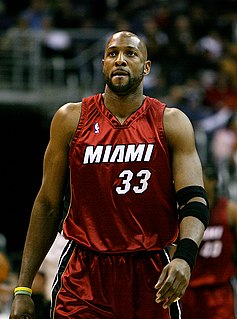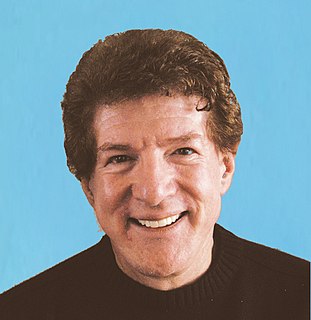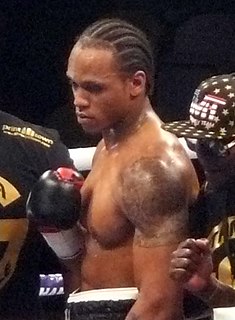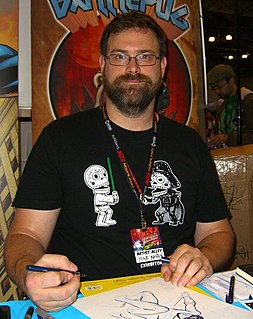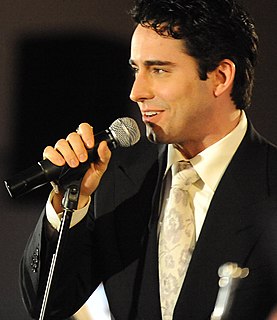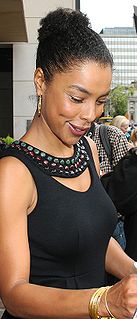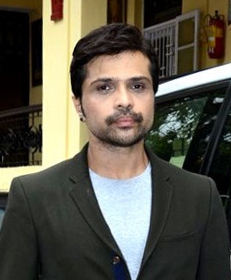A Quote by Alex Kurtzman
When you start a script you aim to hit a note you know you want to end in general.
Related Quotes
When you start out as an actor, you read a script thinking of it at its best. But that's not usually the case in general, and usually what you have to do is you have to read a script and think of it at its worst. You read it going, "OK, how bad could this be?" first and foremost. You cannot make a good film out of a bad script. You can make a bad film out of a good script, but you can't make a good film out of a bad script.
In a play, you know where you start and end and all the stops you have to do, but in television, you can't construct this carefully planned out arc for your character. You often get a script and you're shooting it two days later, and you don't know what's going to happen next. It's one of the harder things that I've done.



